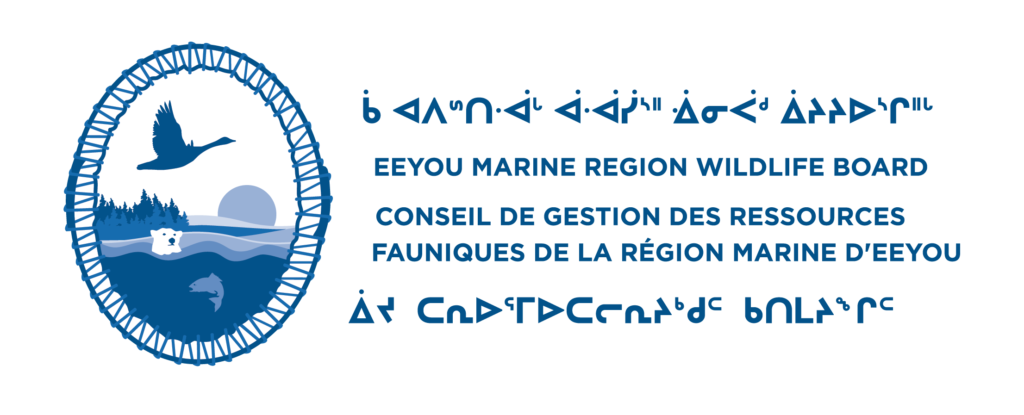FISHES- Fostering Indigenous Small-scale fisheries for Health, Economy, and food Security
PROJECT LEADS: Louis Bernatchez (Laval University), Monica Mulrennan (Concordia University), Dylan Fraser (Concordia University), Natasha Louttit (CTA-EMR)
DURATION: 2020-2024
AMOUNT AWARDED: FISHES – $25,000 (2021-2022; 2022-2023; 2023-2024)
CTA-EMR – $48,200 (2021-2022), $46,125 (2022-2023)
The Cree people of Eeyou Istchee have relied on abundant fish and wildlife resources for generations. The maintenance of traditional land‐based activities is recognized as vital to intergenerational knowledge transfer, cultural sharing, and the identity and well‐being of the Cree people. Anadromous Whitefish, Lake Cisco, and Brook Trout are arguably the three more important species harvested along the James Bay‐Hudson Bay Coast. Northern fisheries are facing major changes on many fronts and reducing their potentially negative impacts is crucial for northern communities who are tied to fish for their food security and culture. For that purpose, the identification of regions important for subsistence and commercial harvesting and whether they comprise genetically distinct groups of populations is a key step toward a sustainable harvest.
The project FISHES will develop and apply genomic approaches in concert with Indigenous Traditional Ecological Knowledge (TEK) to address critical challenges and opportunities related to food security and Commercial, Recreational, and Aboriginal (CRA) fisheries by northern Indigenous Peoples in Canada (Inuit, Cree and Dené communities). FISHES will develop genomic resources for 3 species important to Cree northern fisheries and will use these resources to:
1) identify genetically distinct populations,
2) quantify their contributions to mixed‐population harvests,
3) measure the contribution of fish from developing hatchery programs to subsistence harvest, and
4) combine scientific information with TEK in support of sustainable harvests of CRA fisheries in a novel knowledge co‐production framework.
Climate‐induced changes in the geographic distribution and abundance of fish may threaten the economic livelihoods of many northern communities, as well as their traditional harvesting practices. Improved management practices supported by knowledge co‐production is needed in this context. Finally, developing management plans for the fisheries in these ecosystems will require an understanding and anticipation of whether and how northern Canada’s freshwater fauna will adapt to such dramatic and rapid changes.
The overarching goal of this study is to develop and apply genomic approaches in concert with Indigenous Traditional Ecological Knowledge (TEK) to address critical challenges and opportunities related to food security and fisheries by coastal communities in the Eeyou Marine Region and to ensure long-term sustainable harvest.
You can download a Printable PDF of the FISHES pamphlet here:


Fish Sampling:
The FISHES team has partnered with Cree harvesting programs and local land users to collect over 1,000 fish from 14 different rivers, and over 4,000 fish from the bay between 2021-2024.
Information from these samples has been used to identify related populations of fish (stocks) and to understand the interconnectedness of traditional fisheries along the coast.


Traditional Knowledge Documentation:
Traditional Knowledge documentation plays an integral role in the self-determination of fisheries management and cultural preservation for Eeyou Istchee.
FISHES partners documented Traditional Knowledge by:
- Distributing a short anonymous questionnaire to capture the current status of fishing and fish as food in Eeyou Istchee.
- Distributing a short questionnaire to capture perspectives on fishing derbies.
- Conducting long-form interviews with land users to document previous, current, and future perspectives and practices among the coastal communities of Eeyou Istchee.
To date, over 150 surveys have been submitted, and over 60 long-form interviews with over 90 land users have been completed.
In 2024, a summary of this information will be provided to Cree entities and communities to act as a tool to inform future fisheries management.


